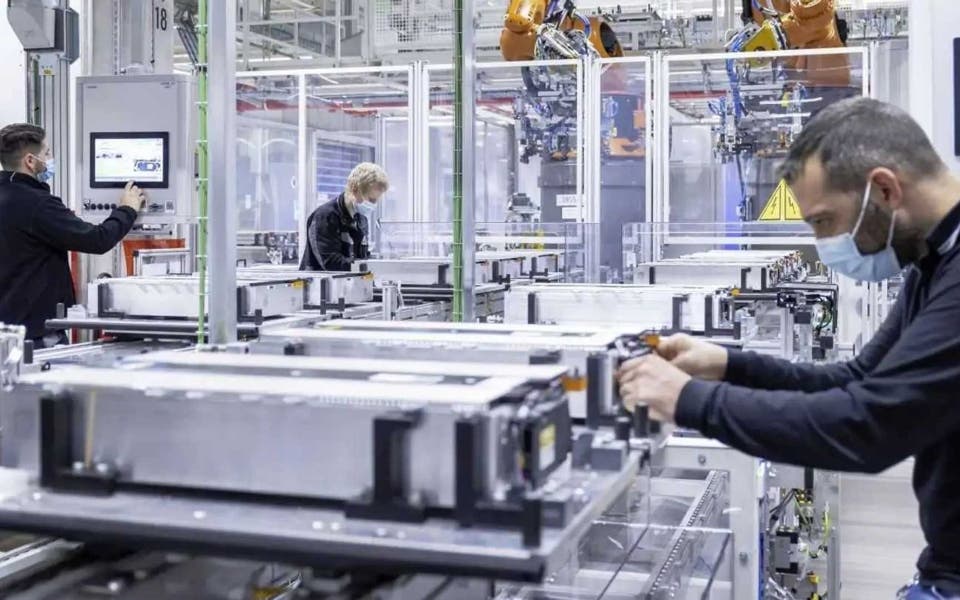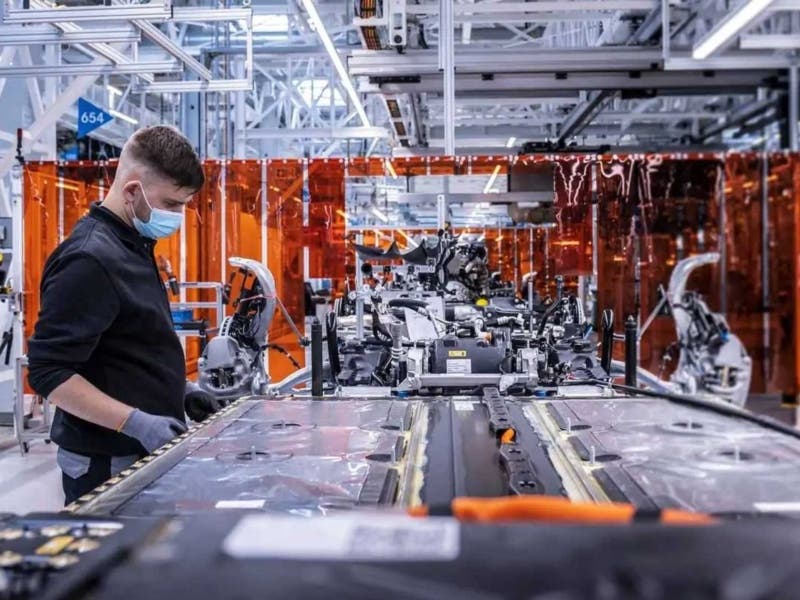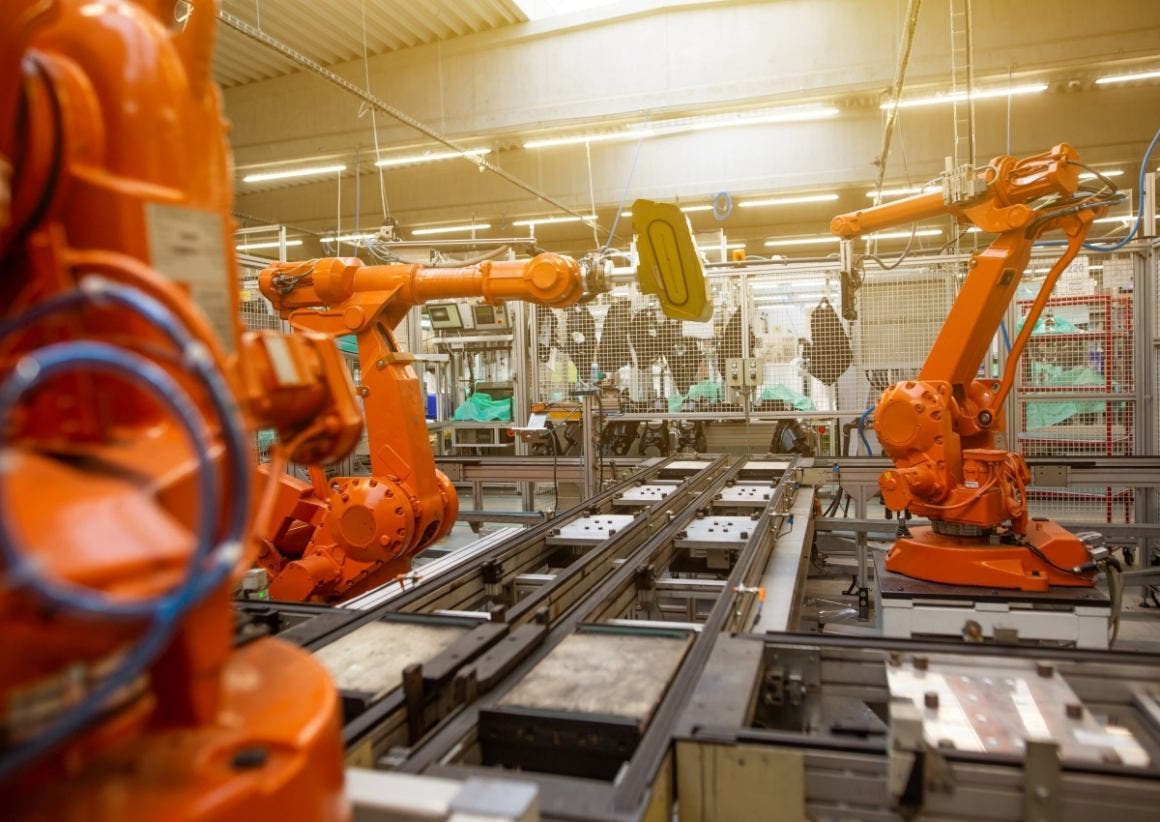Mercedes-Benz and Stellantis are moving quickly to secure a strategic supply of lithium, a key material for the production of batteries for electric vehicles. According to Serbian President Aleksandar Vucic, the two automakers are in talks with the Serbian government to enter Rio Tinto’s project to develop a potential lithium maxi-mine and battery production plant in Serbia.
Stellantis and Mercedes set their sights on Serbian lithium for electric batteries
Europe is trying all it can to speed up the transition to electric as much as possible, and automotive giants Stellantis and Mercedes are currently set to try to play a leading role. Serbian President Aleksandar Vucic told the German newspaper Handelsblatt that the two mainland European automakers are in strong negotiations with the Serbian government to try to enter the Rio Tinto project. Their objective is reportedly to work on the development of what could have every chance of becoming the largest lithium mine and battery production plant for electric vehicles in Europe.
A highly strategic opportunity for Europe and Serbia. The European Union has a need for lithium that is currently growing steadily, as it is a key element in being able to produce batteries for electric vehicles. The Rio Tinto mine and plant in Serbia certainly has the potential to be able to contribute quite significantly to meeting this demand, as a result Europe’s dependence on external suppliers would also be greatly reduced.

Serbia: Europe’s new lithium hub
Serbia is therefore being positioned to be central as a hub for the lithium supply chain. An agreement between Serbia’s government, Rio Tinto and the automotive giants of Stellantis and Mercedes is marking a very important step for Serbia, which aspires to become the undisputed leader for the lithium supply chain in Europe. Already, the Balkan country has taken care of restoring the license to Rio Tinto to proceed with the mine development and has committed to an annual lithium production of up to 58,000 tons.

The Rio Tinto project, in addition to being the big player in bringing the shift toward electric, is also expected to create thousands of new jobs in Serbia and generate a very important economic impact for the whole country. In addition, the agreements being discussed that deal with supply, provide for most of the lithium processing and refining, as well as battery production to take place in Serbia, going a long way toward fostering the development of a complete local supply chain.
The carmaker, born from the merger of Fiat Chrysler Automobiles and PSA Group, already owns a plant in Kragujevac where it produces the Fiat Grande Panda. Interest in Serbian lithium could therefore lead to new investments and production of new electric vehicle models also in Serbia.
Recall that a few years ago Serbian citizens were quite concerned about this ecological transition, which at first seemed to be out of control. The hope is that the collaboration can be carried out while respecting the surrounding environment as much as possible with the use of available technologies.
